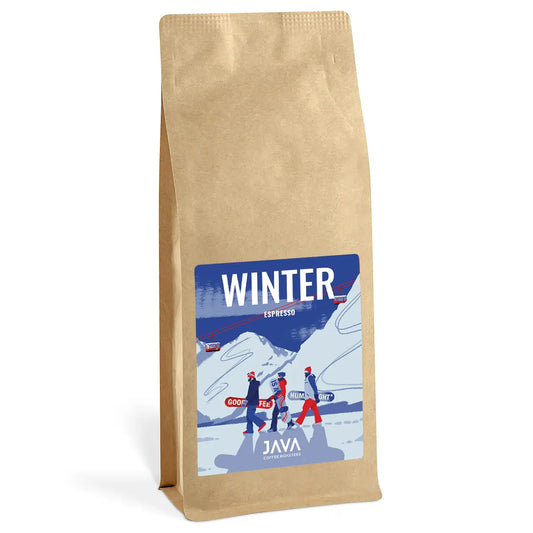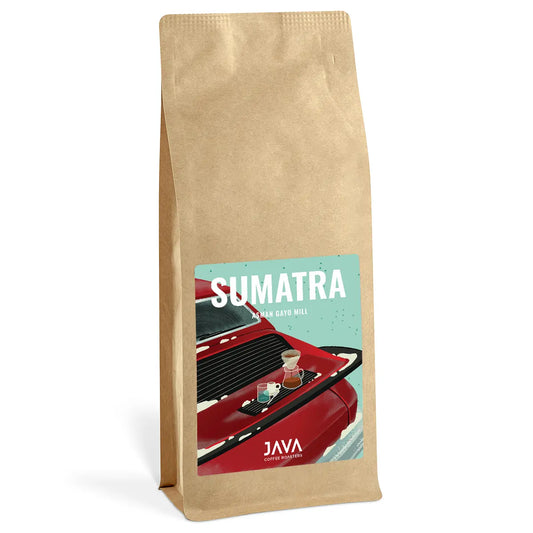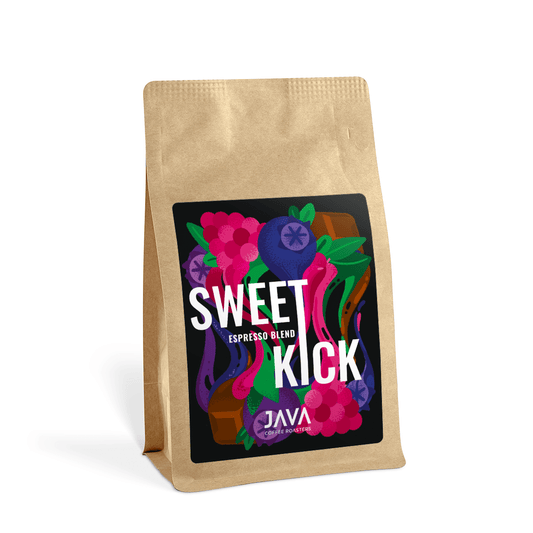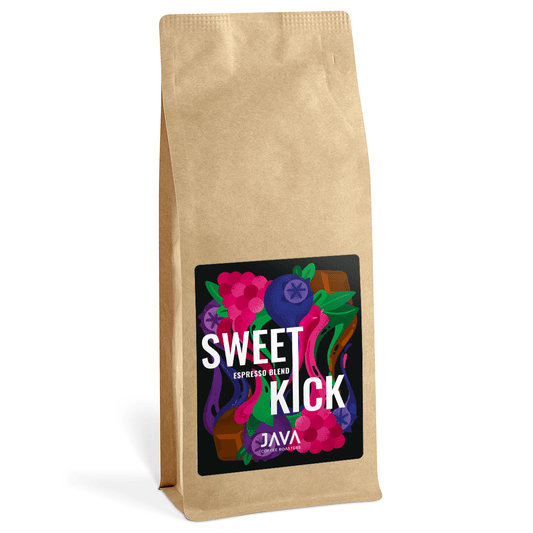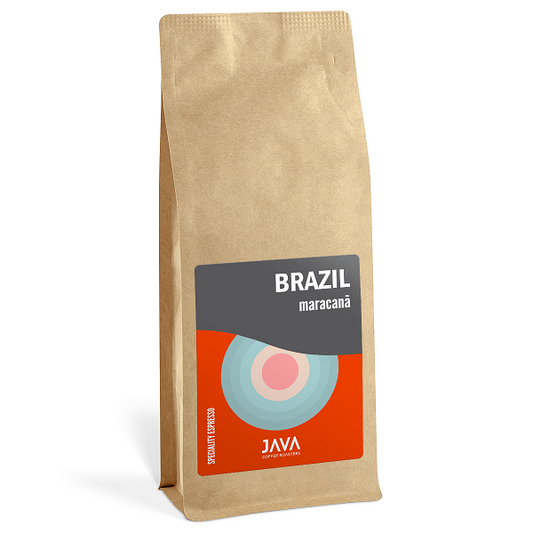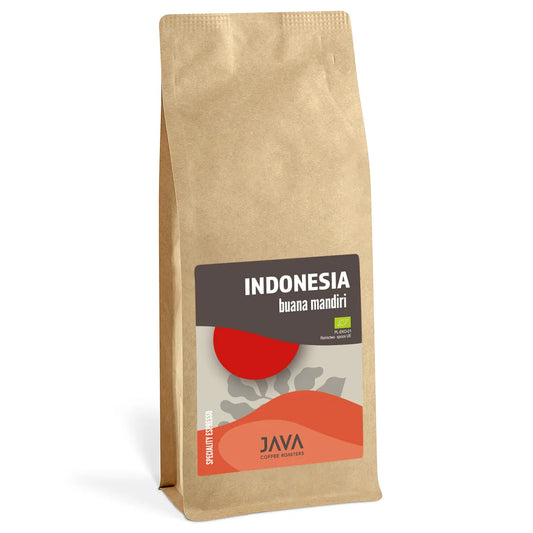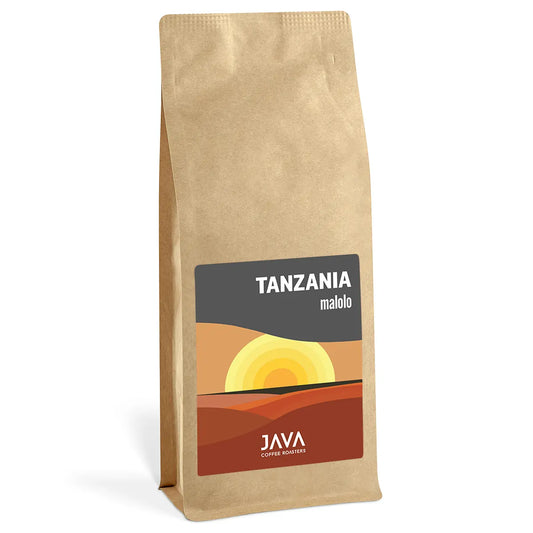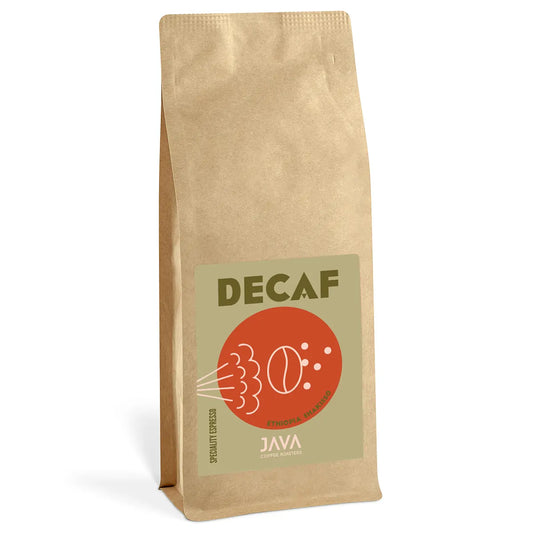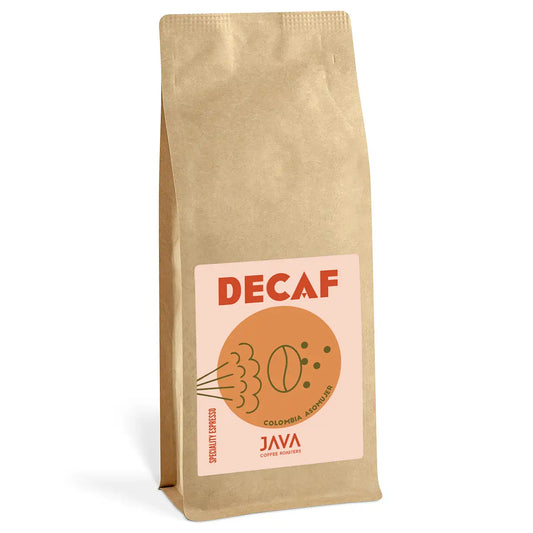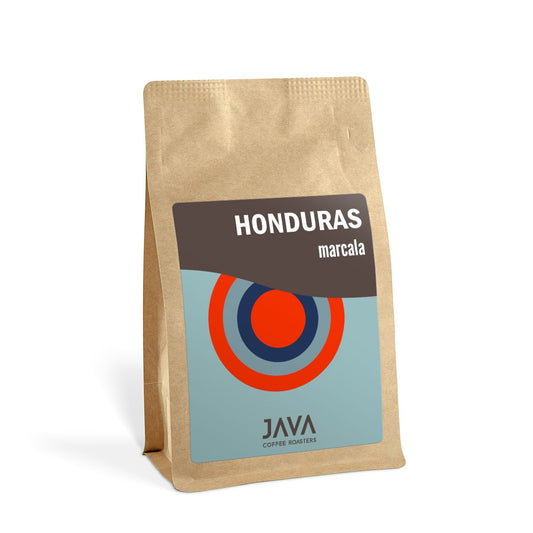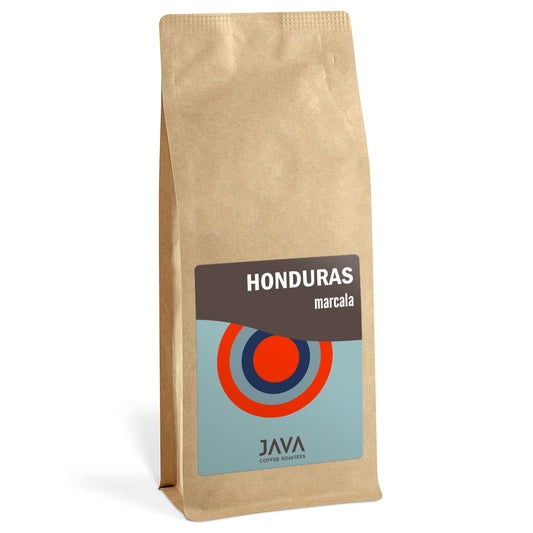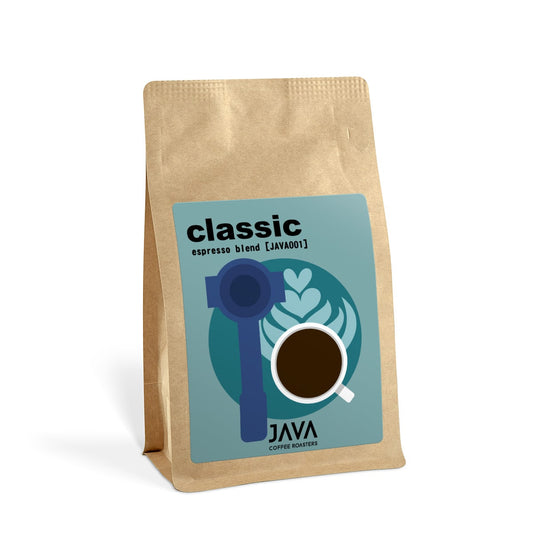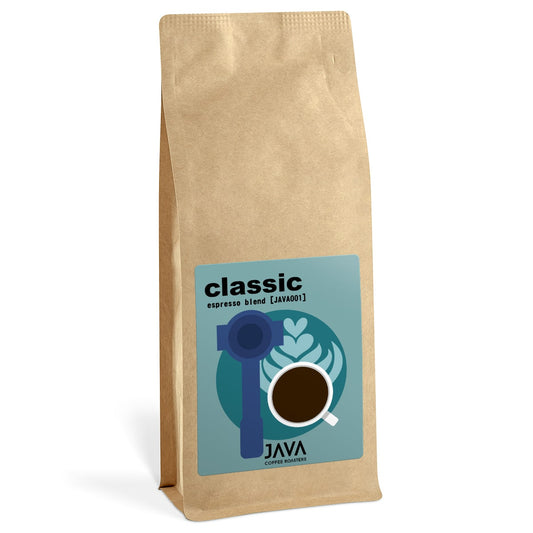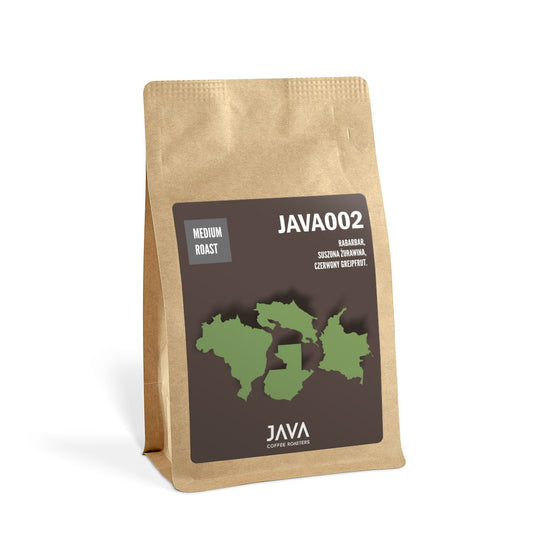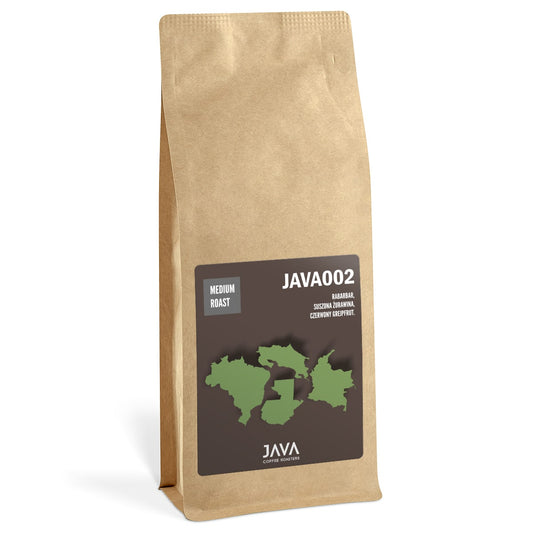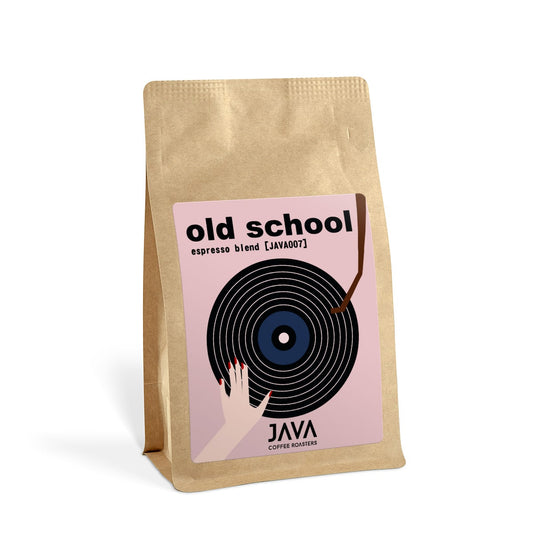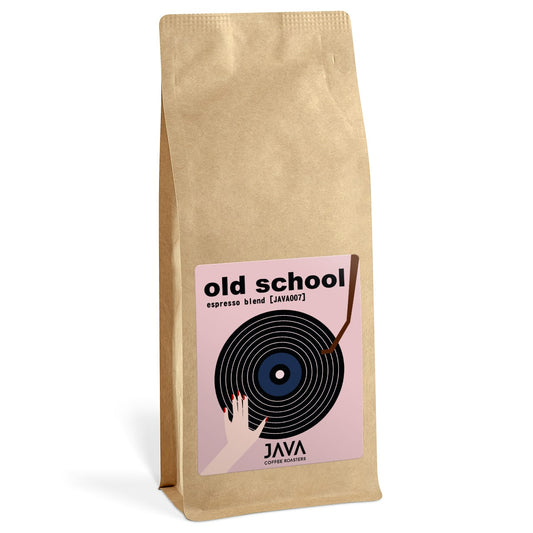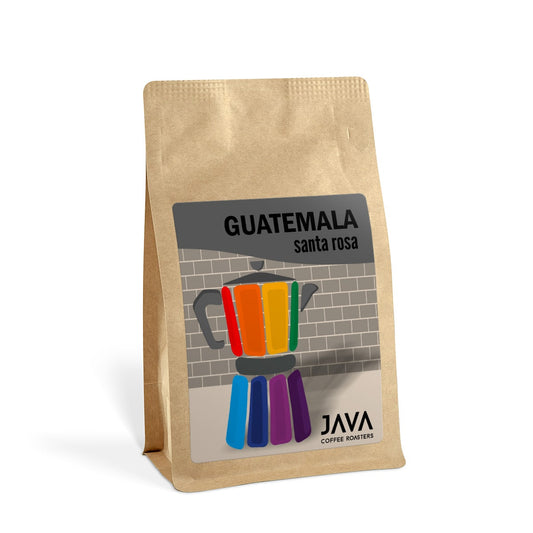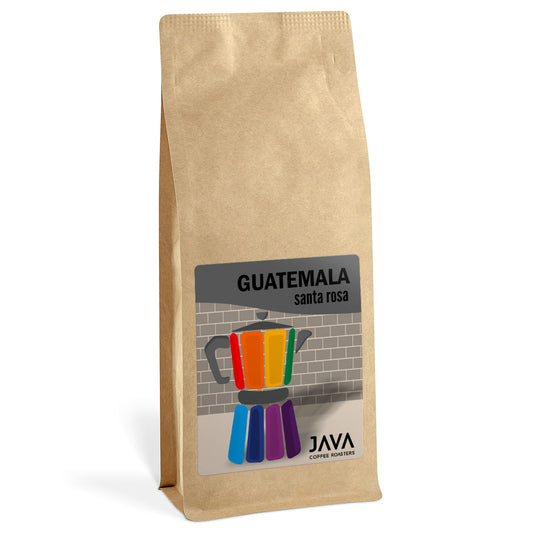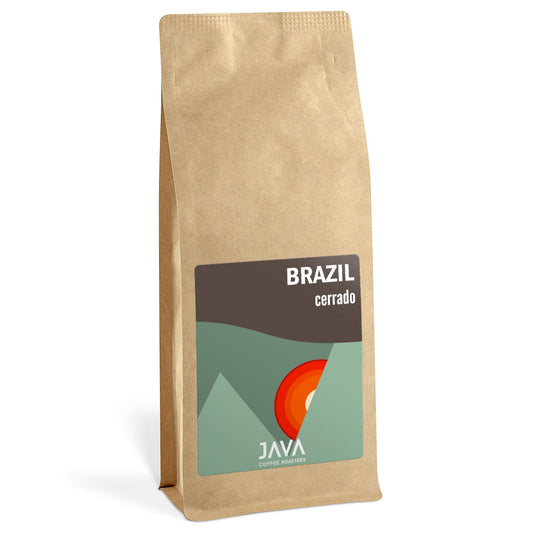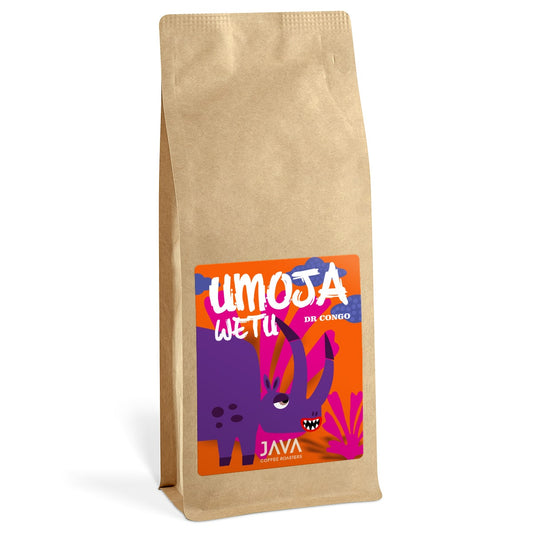-
Chocolate | Lemon | Grape | Nougat
Specialty Coffee Honduras Matazano Honduras | Natural
Regular price From zł 60.00Regular priceUnit price per -
Plum | Almonds | Spices
Specialty Coffee Guatemala San Pedro La Laguna Guatemala | Washed
Regular price From zł 67.00Regular priceUnit price per -
Pomelo | Lemons | Spices
Specialty Coffee Sumatra Asman Gayo Mill Sumatra | Washed
Regular price From zł 60.00Regular priceUnit price per -
Forest fruits | Milk chocolate | Cocoa | Assam
Sweet Kick Espresso Blend coffee Nicaragua | Mexico | Washed
Regular price From zł 45.00Regular priceUnit price perzł 45.00Sale price From zł 45.00 -
Dark chocolate | Orange | Roasted nuts
Specialty coffee Brazil Maracana Brazil | Pulped Natural
Regular price From zł 47.50Regular priceUnit price perzł 47.50Sale price From zł 47.50 -
Bitter orange | Black cherry | Clove
Specialty Coffee Indonesia Buana Mandiri Organic Indonesia | Semi-washed
Regular price From zł 52.00Regular priceUnit price perzł 52.00Sale price From zł 52.00 -
Almond | Black tea | Fig | Lemon
Specialty Coffee Tanzania Malolo Tanzania | Washed
Regular price From zł 52.50Regular priceUnit price per -
Lime Zest | Chocolate | Black Tea
Specialty Coffee Ethiopia Shakisso Decaf - espresso Ethiopia | CO₂ decaf
Regular price From zł 70.00Regular priceUnit price perzł 0.00Sale price From zł 70.00 -
Molasses | Red apple | Nougat
Colombia Asomujer specialty decaffeinated coffee - Espresso Colombia | Washed , EA Decaf / Sugarcane Process
Regular price From zł 65.00Regular priceUnit price per -
Cane sugar | Chocolate | Sweet grapes
Honduras Marcala Specialty Coffee Honduras | Washed
Regular price From zł 46.50Regular priceUnit price perzł 46.50Sale price From zł 46.50 -
Blackberry | Caramel | Walnut | Dark chocolate
JAVA Blend 001 Classic Espresso Coffee Brazil, Costa Rica, Guatemala, Colombia | Various Processes
Regular price From zł 42.50Regular priceUnit price perzł 40.00Sale price From zł 42.50 -
Rhubarb | Dried cranberries | Red grapefruit
JAVA Espresso Blend 002 Coffee Brazil, Costa Rica, Guatemala, Colombia | Various Producers
Regular price From zł 42.50Regular priceUnit price perzł 40.00Sale price From zł 42.50 -
Purple plum | Walnut | Roasted almonds
JAVA Old School 007 Espresso Blend Coffee Brazil | India | Washed
Regular price From zł 45.50Regular priceUnit price perzł 45.50Sale price From zł 45.50 -
Sweet Plum | Walnut | Cocoa
Gwatemala Santa Rosa Coffee Guatemala | Washed
Regular price From zł 48.00Regular priceUnit price perzł 48.00Sale price From zł 48.00 -
Cherry | Red grapefruit | Dark chocolate
Specialty Coffee Brazil Cerrado 003 Brazil | Natural
Regular price From zł 39.00Regular priceUnit price perzł 39.00Sale price From zł 39.00 -
Cherry | Assam tea | Milk chocolate
Kawa DR Konga Umoja Wetu batch brew Democratic Republic of Congo | Washed
Regular price From zł 42.00Regular priceUnit price perzł 42.00Sale price From zł 42.00
Dark Roast Coffee
-

-
Oferta palarni JAVA Coffee Roasters
-
The Best Coffee for Espresso
-
Coffee Roasting Profiles and Espresso
-
The Importance of Water in Brewing Espresso
-
How to Read a Coffee Label
-
Coffee Freshness – Degassing and Storage
-
Freshly Roasted Coffee – Where to Buy?








